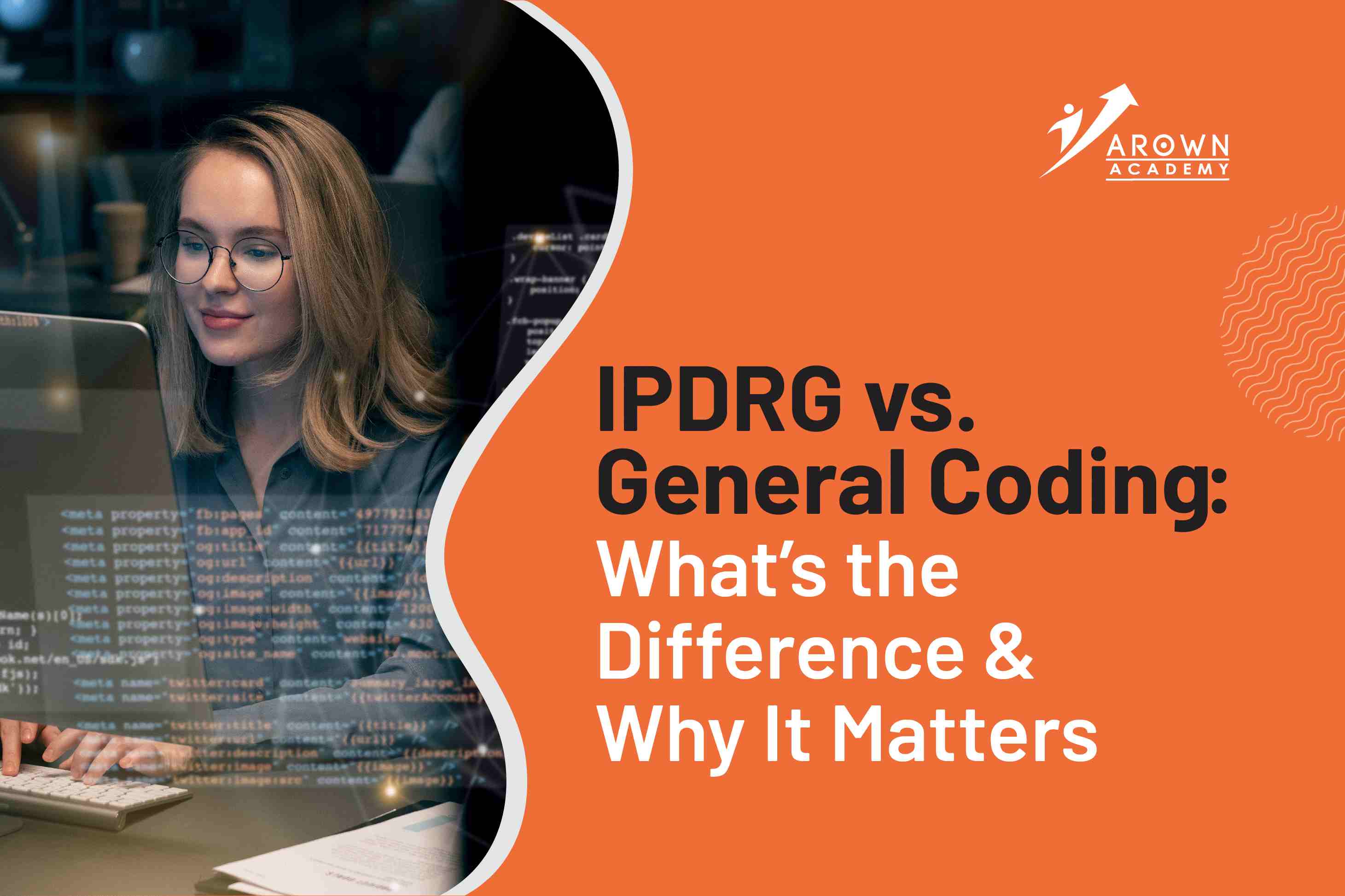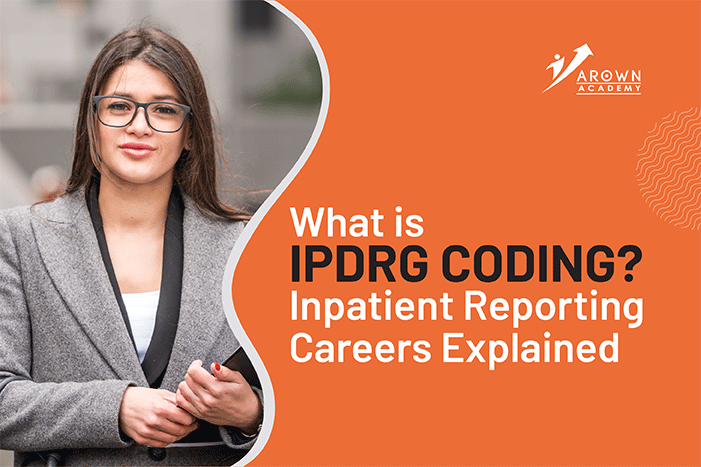In 2025, numerous graduates are facing the same question: looking for a career that offers stability, growth, and purpose. However, the commodity worth considering the future of healthcare is brighter than ever, and it’s drawing people from all kinds of academic backgrounds.
What’s Changing in Healthcare?
Healthcare is no longer limited to sanitarium beds and operating theaters. Over the course of many times, it has evolved into a dynamic, tech-driven industry that depends on proficient professionals across colorful non-clinical fields. Here are some of the biggest healthcare career trends in 2025
Telemedicine: Online consultations have become the new normal. Cases now speak to their croakers over videotape calls, saving time and travel. This shift has created demand for professionals who can support and manage telehealth systems.
AI in Healthcare: Artificial intelligence is helping croakers dissect reports, prognosticate health pitfalls, and manage patient data more efficiently. While AI tools are smart, they need trained people to run and cover them.
Medical Coding: With digital health records becoming standard, medical coders are now essential. They help hospitals and insurance companies manage billing and attestation with delicacy.
Home-based care: further encourages people, especially the elderly, to prefer treatment from the comfort of their homes. This has opened up new places in home health collaboration and patient support services.
Preventive Health: There’s now more of a focus on staying healthy than on only treating illness. Careers in health coaching, digital health shadowing, and health education are expanding rapidly.
Healthcare Jobs in Demand in 2025
You don’t need a medical degree to have a healthcare career. Some of the most in-demand jobs are in non-clinical places, which are open to graduates from colorful universities.
Then there are many exemplifications.
- Medical Coder Medical coders convert healthcare data into standardized codes used for billing and insurance. It’s one of the fastest-growing places and is in demand encyclopedically.
- Telehealth fellow. This part involves managing online case consultations, helping croakers with scheduling, and guiding cases through digital platforms. It combines communication chops with introductory tech knowledge.
- Healthcare Administrator: These professionals keep hospitals, clinics, and care centers organized. They manage operations, supervise brigades, and ensure everything runs smoothly.
Health Informatics Assistant
Still, this part involves assessing patient records to ameliorate care quality and support decision-making, if you enjoy working with data and systems.
Home Healthcare Manager
This job focuses on arranging care for cases recovering at home, particularly the elderly or those with chronic conditions. It’s an ideal part for compassionate and systematic individuals.
These careers don’t require a lot of study. With proper training, you can begin your trip in just a few months. Chops You’ll Need to Succeed To grow in the healthcare field, you’ll need the right blend of specialized knowledge and soft chops.
That’s what employers are looking for in healthcare professionals in 2025: specialized chops.
-
Medical rendering knowledge (ICD-10, CPT)
-
Use of electronic health records (EHR/EMR)
-
Understanding billing and insurance systems
-
Comfort with telehealth platforms
-
Introductory data entry and digital documentation
Soft Chops
-
Empathy and patience because you’re dealing with people’s health
-
Good communication with patients, teams, and doctors
-
Adaptability healthcare is changing quickly
-
Time management multitasking is often required.
-
Problem-solving situations can be urgent and unpredictable.
If you are wondering how to break into the industry. At Arown Academy, we’ve designed programs specifically for youthful graduates like you—whether you come from a wisdom background or not. Our courses are short-term, job-acquainted, and aligned with industry requirements.
-
Medical Coding & Billing
-
IPDRG (Inpatient Diagnosis-Related Group Coding)
-
IHAD (Integrated Healthcare Administration & Documentation)
-
DHAHM (Diploma in Hospital Administration & Healthcare Management)
-
PGDHA (Postgraduate Diploma in Hospital Administration)
-
MBA in Healthcare Management.
Why choose us?
-
Learn from pukka coaches.
-
Earn encyclopedically honored instruments.
-
Access flexible online and offline classes.
-
Get 100% placement support.
Join a growing network of successful alumni across India and abroad.
Whether you’re a BSc, BCom, BA, or indeed a trades graduate, there’s a healthcare career waiting for you.
Visit arown.in or call 08086099920 today to talk to our counsellors and find the course that suits your goals





